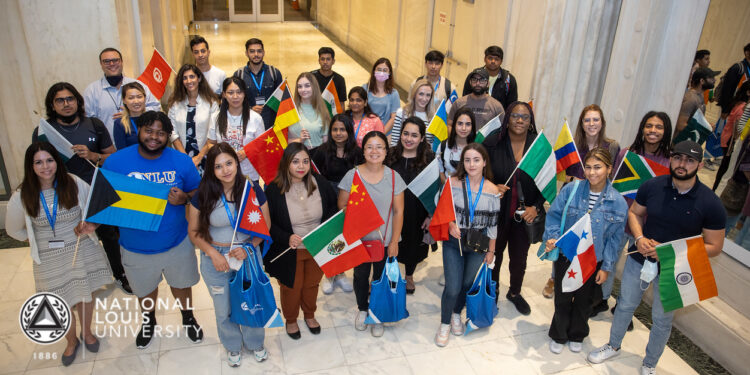WASHINGTON, D.C. — Hundreds of international students in the U.S. have received alarming emails from the State Department ordering them to leave the country, citing their participation in or online engagement with campus activism. Immigration attorneys confirm that some Indian students are also among those affected, in some cases for simply sharing or liking social media posts deemed controversial by U.S. authorities.
The crackdown, which includes social media screenings conducted by the U.S. Department of State (DOS) and consular officials, applies not only to current international students but also to new visa applicants. Students found to have engaged with content deemed problematic are at risk of having their visas revoked or being denied entry to the U.S.
According to immigration experts, the policy shift follows a March 25 directive issued under Secretary of State Marco Rubio, mandating social media reviews for both current and prospective international students. This policy aligns with a broader AI-driven initiative, dubbed “Catch and Revoke,” aimed at canceling the visas of foreign nationals suspected of supporting Hamas or other designated groups. Reports indicate that more than 300 international students have already lost their student visas under this program in just three weeks.
Emails Ordering ‘Self-Deportation’
Students who have had their visas revoked received official notifications warning that staying in the U.S. without legal status could result in fines, detention, and forced deportation. The emails urge recipients to leave the country immediately and report their departure using the CBP Home App before presenting their passports to the U.S. embassy for formal visa cancellation.
Additionally, university officials have informed affected students that their SEVIS (Student and Exchange Visitor Information System) records have been terminated, meaning they no longer have an active student status in the U.S.
“Students with a terminated SEVIS record must depart the U.S. immediately; there is no grace period following a SEVIS termination,” states the notice sent by International Student Service Offices at multiple universities.
Concerns Over Privacy and Free Speech
The move has sparked concerns among students, legal experts, and civil rights advocates, who argue that the policy raises serious privacy and free speech issues. Critics say that revoking student visas over online activity—including merely liking or sharing posts—sets a dangerous precedent for digital surveillance of international students.
“This is an unprecedented level of scrutiny,” said one immigration attorney. “It’s not just about physical participation in protests—social media interactions are now being weaponized against international students.”
The Open Doors report estimates that over 1.1 million international students are currently studying in the U.S., with 331,000 of them from India. The new policy could have wide-reaching implications for global student mobility, as future applicants may hesitate to study in the U.S. due to the risk of visa revocation based on social media activity.
What’s Next?
As concerns mount, legal experts advise international students to carefully review their online presence and avoid engaging with politically sensitive content that could be misinterpreted. Meanwhile, universities and advocacy groups are calling for greater transparency from the government on how these policies are being implemented and what criteria determine visa revocations.
With the “Catch and Revoke” initiative still in its early stages, it remains to be seen how many more students will be affected—and how the broader international student community will respond.







